Keywords: White Australia Policy
-
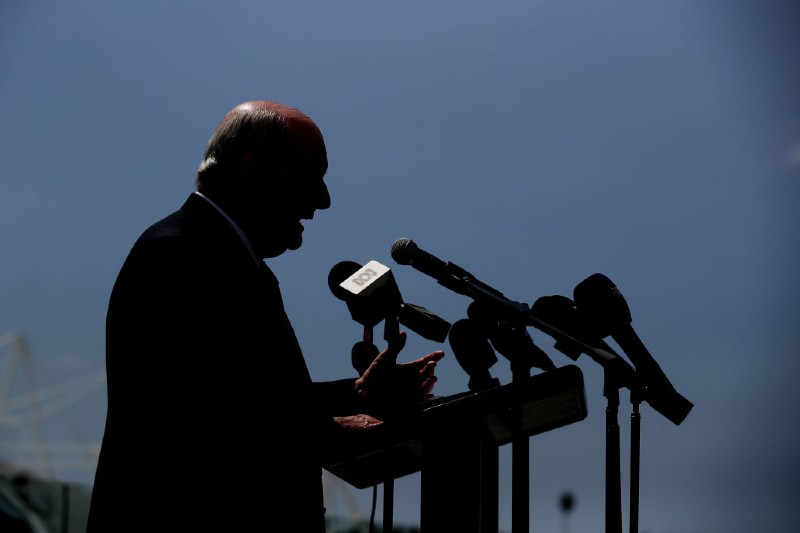
MEDIA
- Binoy Kampmark
- 15 May 2020
12 Comments
Alan Jones has never shied away from controversy. Relentlessly pounding various positions for decades, he has remained, till his recent announcement that he would be retiring, immoveable. He ducked accusations; he prevailed in the face of storms and juggernauts. At Sydney radio station 2GB, he maintained a degree of authority from the fear of politicians.
READ MORE 
-

ARTS AND CULTURE
- Andrew Hamilton
- 18 March 2020
12 Comments
I've been watching Stateless, the ABC drama about Australia’s immigration detention system, with some reluctance. Not because it is poor, but because it is so powerful.
READ MORE 
-
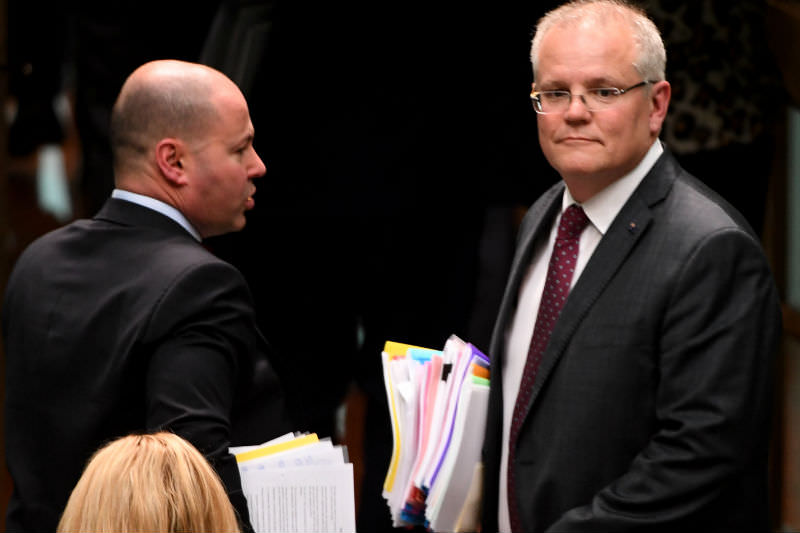
AUSTRALIA
- Carolina Gottardo and Nishadh Rego
- 12 December 2019
6 Comments
Outside, a Martian-red haze kisses the windows. An ode to the future perhaps. Most of the people present are already aware of the Medevac repeal decision. The room is heavy with silence, the mood is sombre, but far from resigned. We want change, and are willing to have a crack at demanding it.
READ MORE 
-
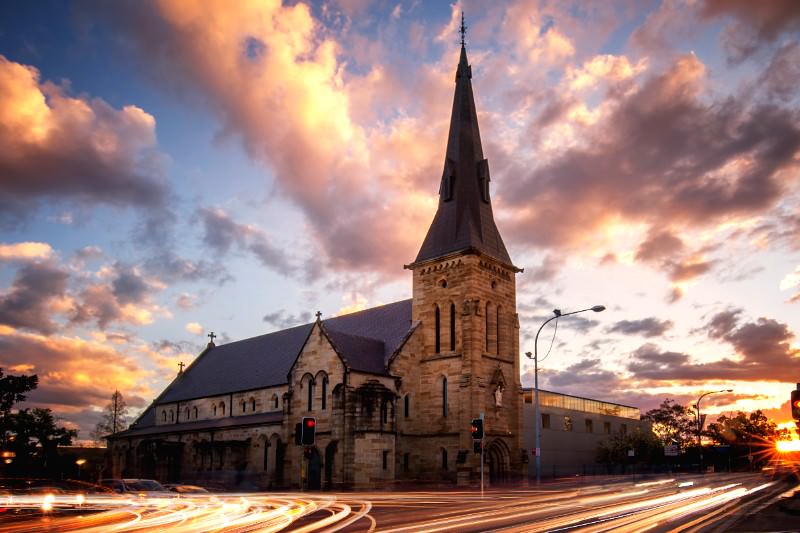
RELIGION
- John Warhurst
- 11 December 2019
52 Comments
What's going on within the Catholic Church always matters more widely given its size and power. Lay participation in leadership, especially of women, is a major social issue. Observers of social trends should watch this space for its wider public policy implications.
READ MORE 
-

AUSTRALIA
- Neve Mahoney
- 28 November 2019
1 Comment
This bias continues to be so prevalent not only because medicine is a reflection of society, but because medicine was created with cisgender white neurotypical able-bodied men as the baseline. Those underlying assumptions are still baked into medical systems and filter down to all aspects of medicine.
READ MORE 
-
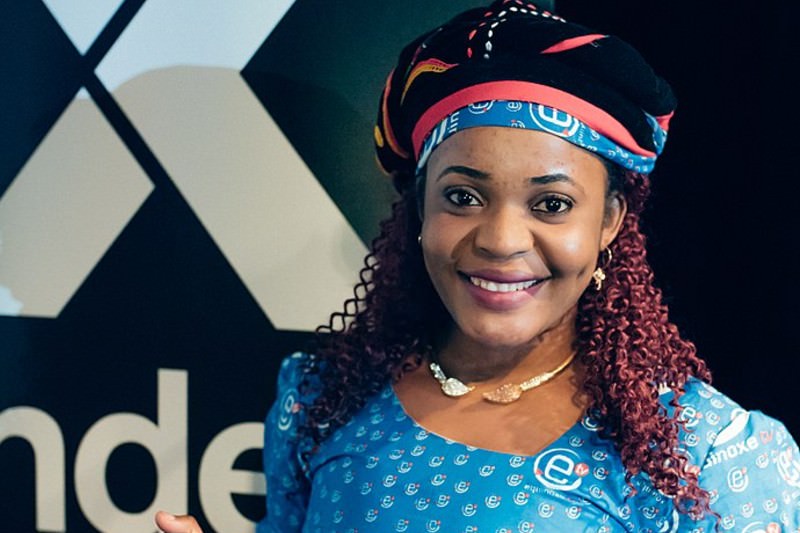
AUSTRALIA
- Bree Alexander
- 12 November 2019
3 Comments
Due to this stance, immigration is arguably not being leveraged to actually benefit the country, including its flailing economy. This is despite a government report released last year stating that immigrants increase GDP and helped avoid the 2008 financial crisis.
READ MORE 
-
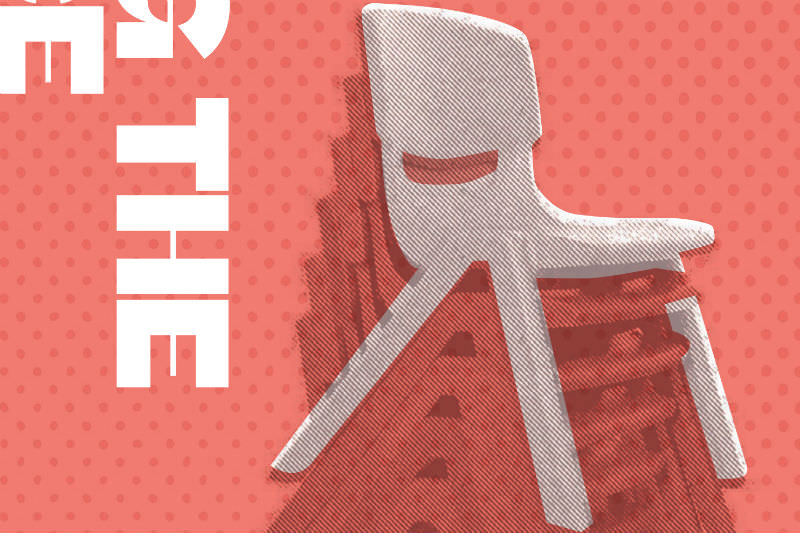
ARTS AND CULTURE
- Sukhmani Khorana
- 26 August 2019
A recent report on the lack of culturally and linguistically diverse (CALD) representation in arts leadership recognises the limitations of the label. In an era marked by media bubbles, it is more vital than ever that we use categories such as CALD to build bridges, while not losing sight of our differences and varying levels of disadvantage.
READ MORE 
-
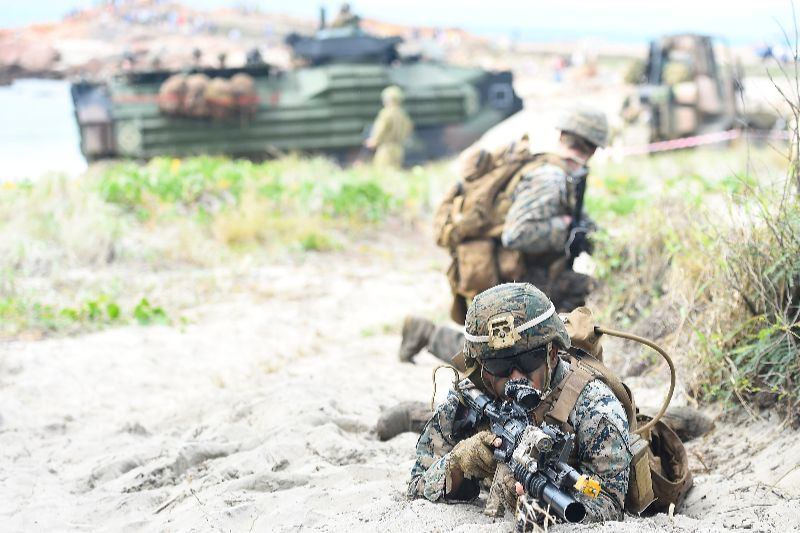
AUSTRALIA
- Bevan Ramsden
- 29 July 2019
13 Comments
Every effort should be made to keep Australia out of yet another US war overseas, especially against China. If such a war resulted, the US Marines in Darwin would draw fire on the Northern Territory. For Australia's peace and security, we need to see an end to the stationing of Marines in Darwin and an end to war rehearsals with the United States.
READ MORE 
-
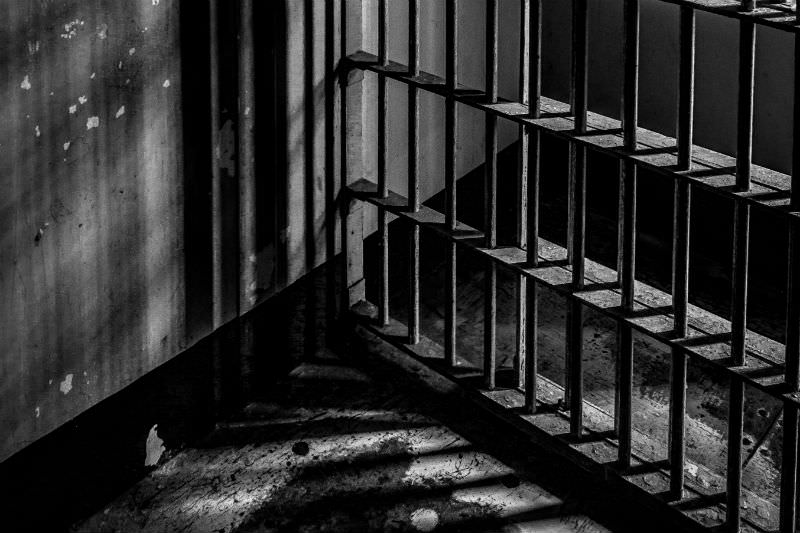
AUSTRALIA
- Katelyn Jones
- 19 July 2019
6 Comments
Intersectionality describes the experience of overlapping oppression faced by black women. Criminologist Chris Cuneen discusses the double jeopardy faced by Indigenous women in Australia who live under both colonialism and the patriarchy. Throw in capitalism and you get a sometimes-lethal triple threat.
READ MORE 
-

INTERNATIONAL
- Jeff Sparrow
- 08 July 2019
5 Comments
When discussing climate change, it's easy to depict the world's reliance on fossil fuels as primarily a technological problem, to be resolved by new methods for harnessing renewable energies. But that's only part of the story, as the example of Saudi Arabia shows.
READ MORE 
-
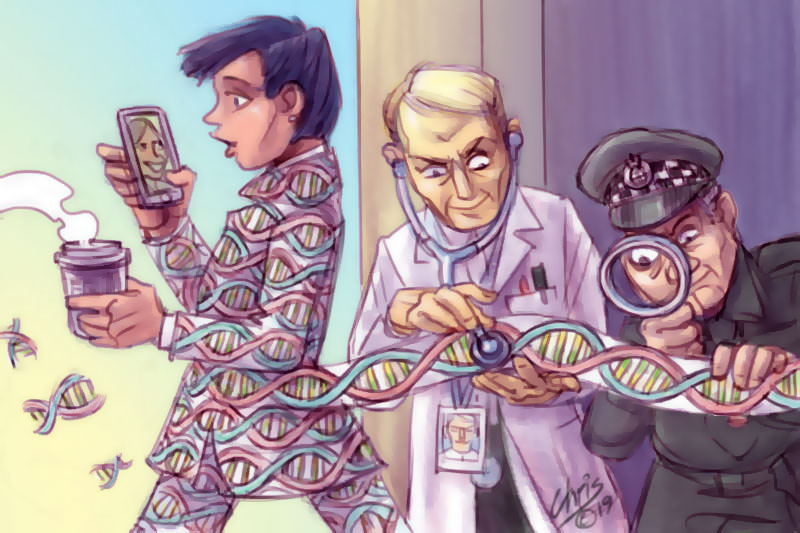
AUSTRALIA
- Jacinta Bowler
- 28 June 2019
6 Comments
When One Nation puts forward a policy to DNA test Aboriginal people, DNA databases are solving crimes abroad, and commercial ancestry kits are as popular as ever, it's important to ask what we're giving away when we get our DNA sequenced. You'll only ever have one set of genes and once that data is out there it's very hard to get it back.
READ MORE 
-

AUSTRALIA
- Celeste Liddle
- 10 May 2019
7 Comments
We can tell the Morrison government has no interest in Indigenous affairs because, apart from some money for suicide prevention programs (albeit less than half that requested), its budget showed a series of cuts. There is a lot of unfinished business to be addressed before it makes sense to adopt a voice to Parliament in the Constitution.
READ MORE 